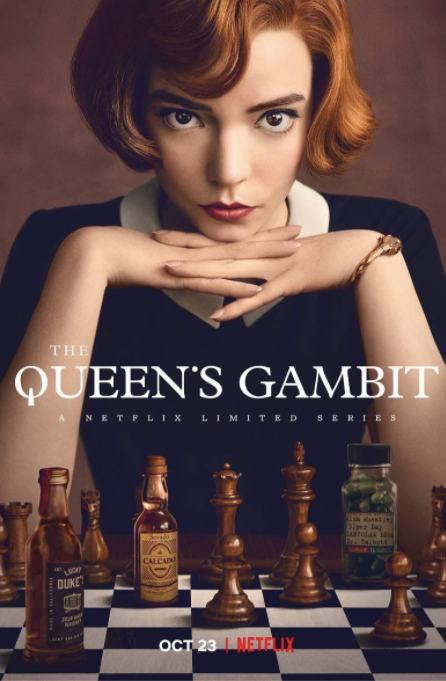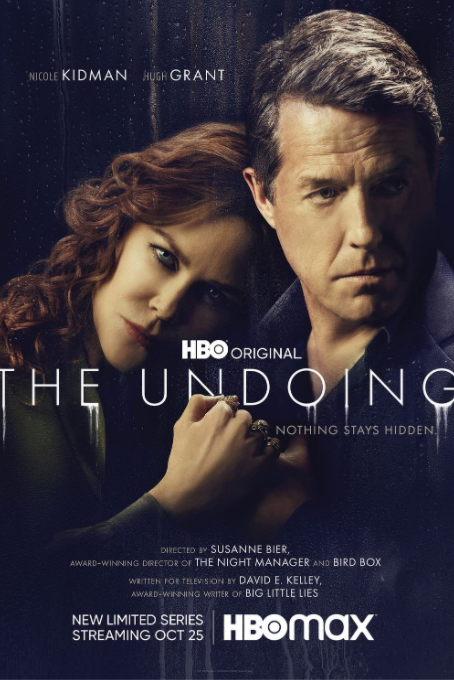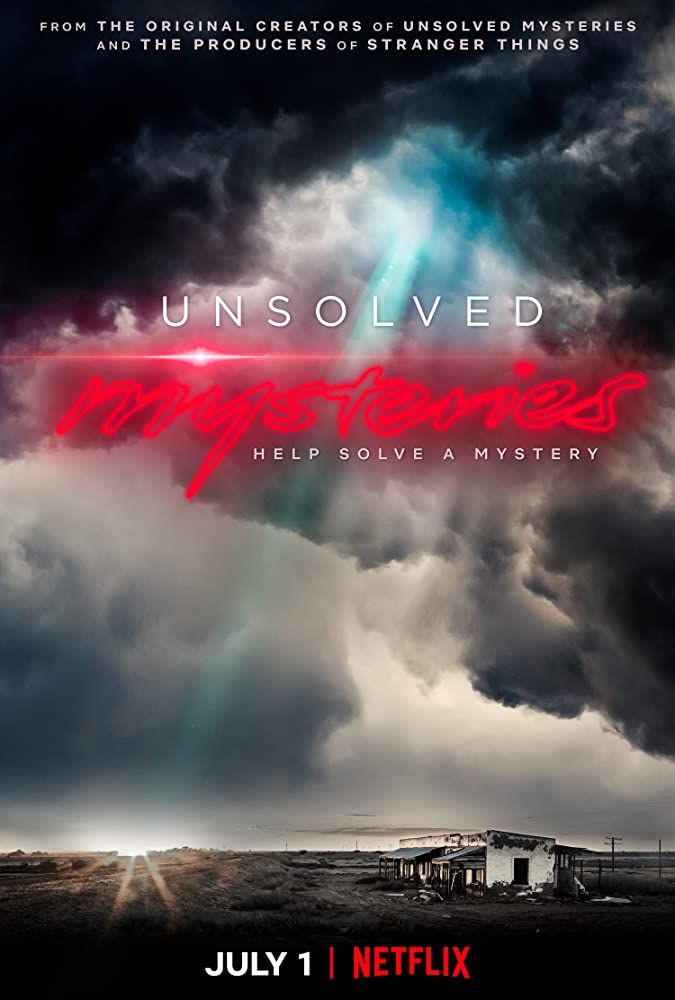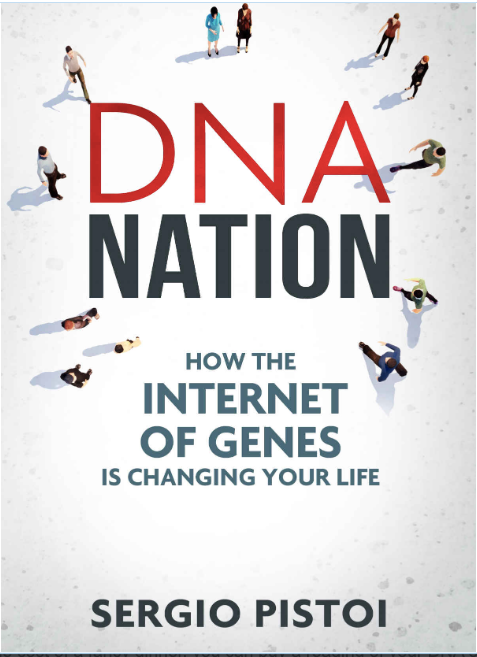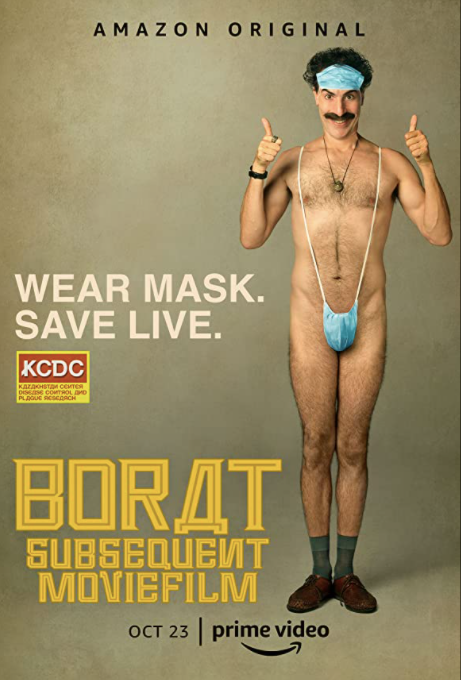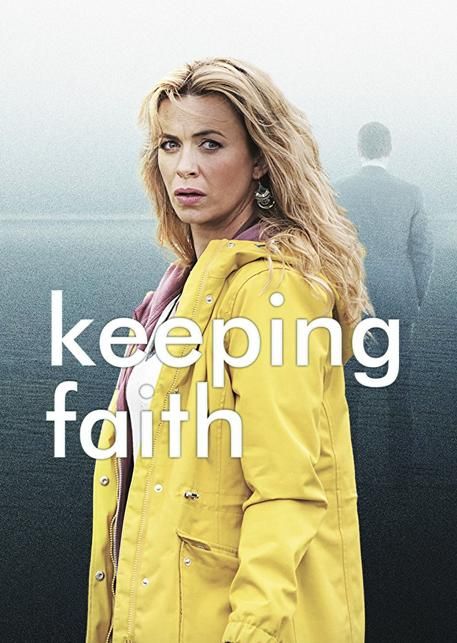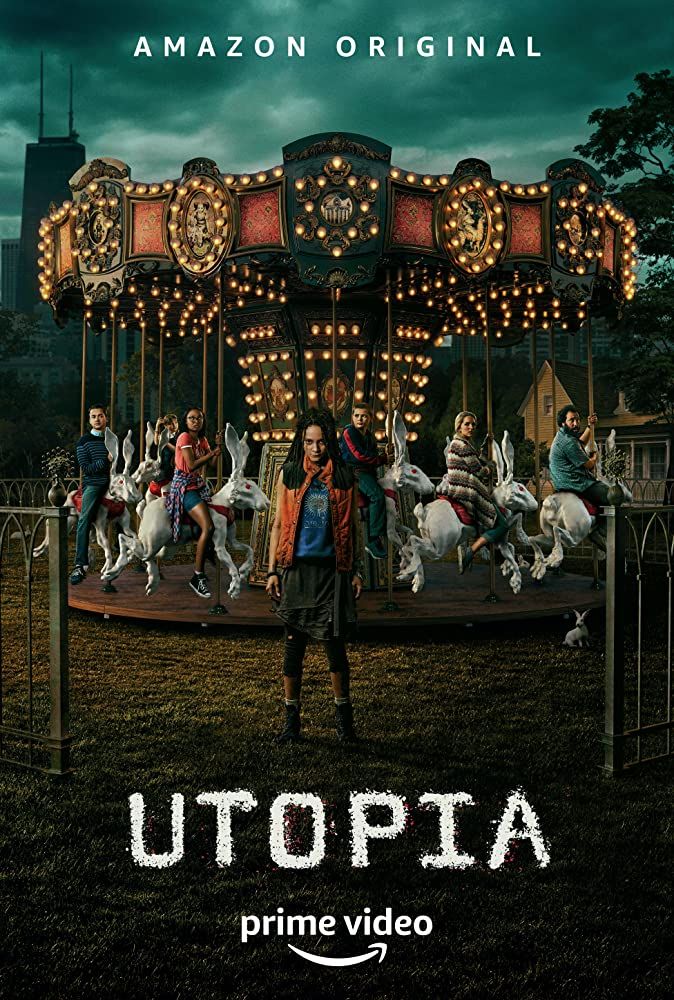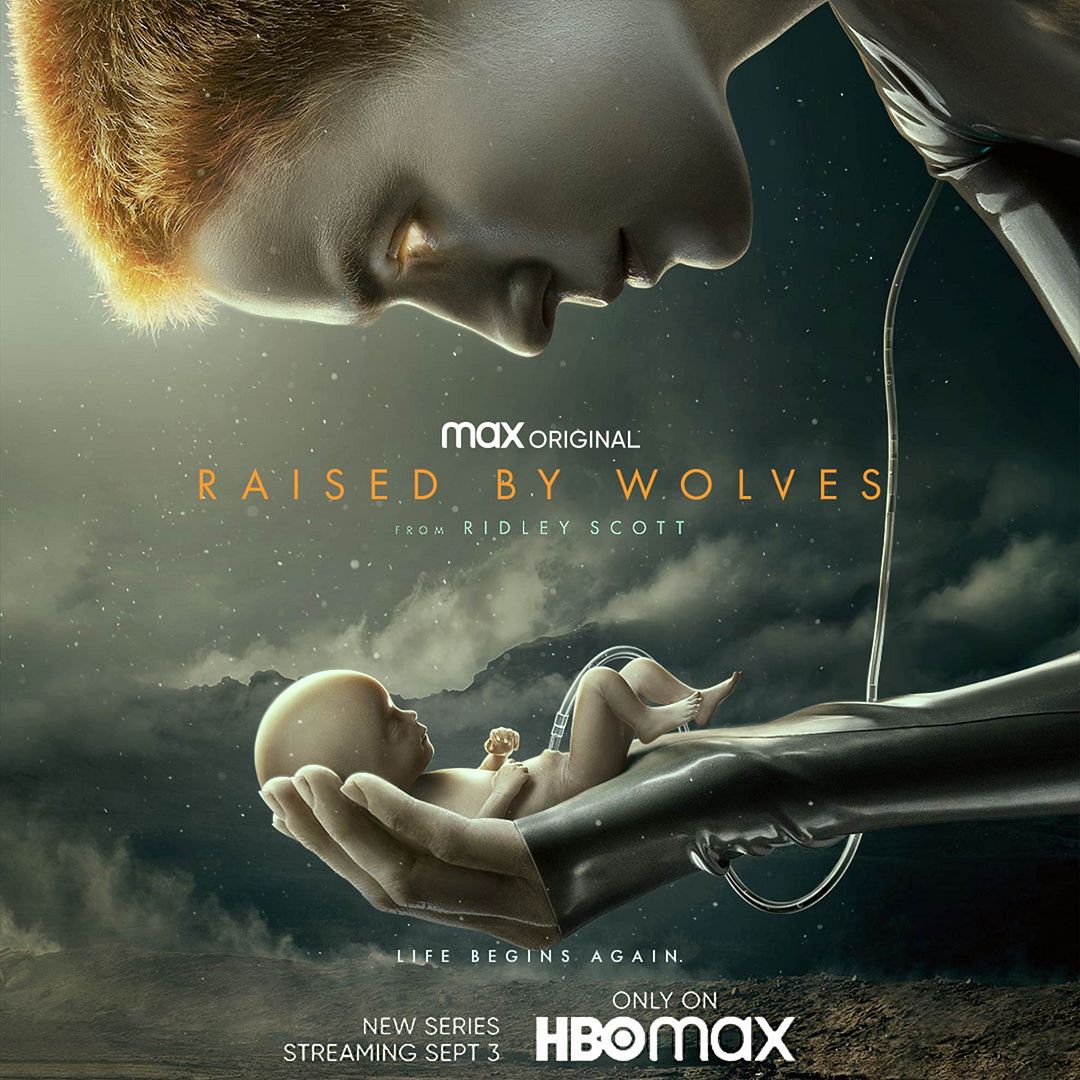My wife and I saw
The Trial of the Chicago Seven on Netflix on Saturday. Having lived through the real trial of the Chicago Seven (originally Eight) in 1969-1970, we thought there was a little too much fiction in this docu-drama to be 100% successful and effective. Nonetheless, it was powerful viewing.
To back up a little, as I alway tell my classes, docu-dramas are by definition never 100% truth or exactly as the events in the movie actually happened. Hey, even straight-up documentaries are never 100% true, because the film-maker inevitably has to leave some events, one hopes inconsequential, out of the film. Real life is too sloppy and inexact to fit in just as it is or was in a documentary.
But docu-dramas go a big step further away from truth. At the very least, they rewrite or make-up dialogue. Worse, they often make up characters and/or endow characters who existed in real life with deeds they never did. This works best the further back in history the docu-drama goes. I couldn't possibly have any personal recollection of what Lincoln said and did. So I was able to enjoy Spielberg's Lincoln with zero quibbles. But 1969-1970 is a lot closer than are the early 1860s to our time.
So, lots of people noticed that Tom Hayden's closing statement in the Aaron Sorkin docu-drama wasn't made by Hayden in reality, and was not a closing statement. Or that the pacifist Dellinger -- who did in fact earlier read the names of some of the American fallen in Vietnam during the trial-- never hauled off and punched a guard who was trying to escort Dellinger out of the courtroom, as so dramatically depicted in the movie. To be honest with you, neither my wife or I jumped up and shouted during the movie that those events never happened. But my wife had a vague sense of irritation throughout the film, and I was annoyed after the movie to have been brought to tears by that closing scene, so effective, that didn't happen in real life.
I suppose Sorkin might say that such a reaction is my problem, not his, and if I was brought to tears by the ending that didn't happen in reality that shows that Sorkin succeeded, doesn't it. I'm not so sure. I think that, even in a docu-drama, or maybe especially in a docu-drama, the film maker has an obligation to present a greater quotient of truth. Again, especially if the docu-drama is so close to home in time. I'm sure Marc Anthony never said "Friends, Romans, countrymen, lend me your ears; I come to bury Caesar, not to praise him," but that didn't in the least get in my way of really enjoying Shakespeare's Julius Caesar, from the moment I first read it, so many decades ago, and for that matter thinking about that play right now.
Maybe the answer is Sorkin's movie is meant for a younger generation than mine. It has lots of assets, including boiling down the differences between the protestors on trial to Hayden vs. Abby Hoffman. I don't know if that's true, either. But since I don't know for sure that it isn't, I'm ok with thinking back on that crucial aspect of The Trial of the Chicago Seven, and enjoying the recollection and contemplation of that fundamental conflict between political revolution (Hayden) and cultural revolution (Abby Hoffman). And I should say the acting in this movie, including Eddie Redmayne as Hayden and Sacha Baron Cohen as Abby Hoffman, was just superb. Regarding those two, special kudos to two Englishmen talking at each at some length in passable American accents.
So, see the docu-drama - with no reservations if you weren't around the first time this trial happened, back in the 1969-1970. And see Medium Cool made in 1969 if you'd like to see a documentary about the protests around the Democratic National Convention which ignited the trial.
